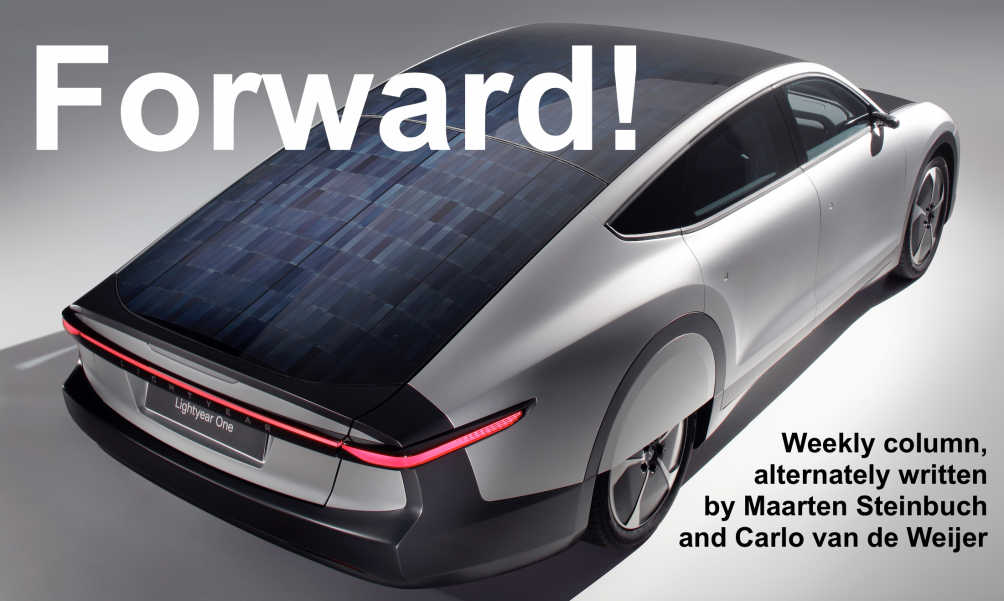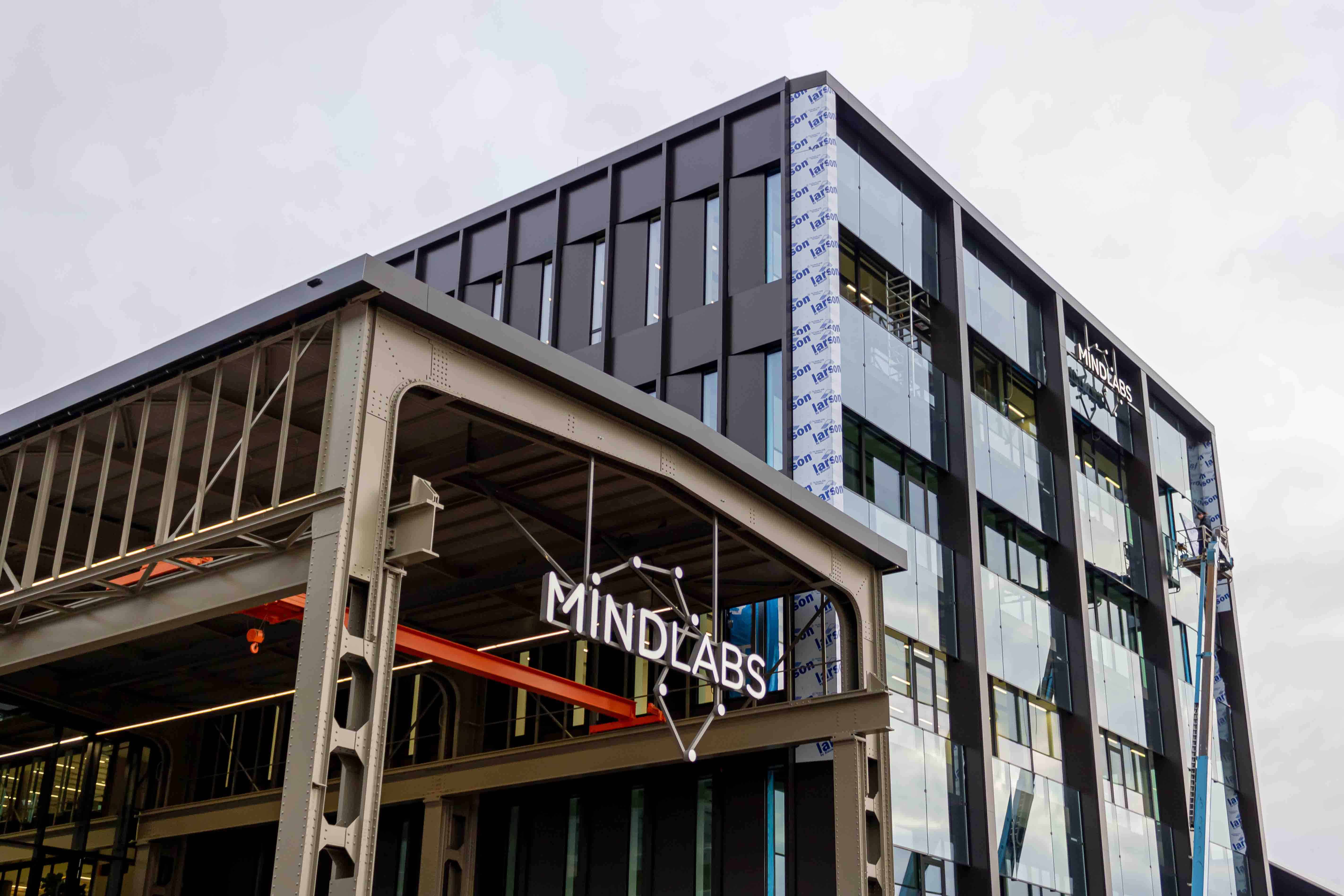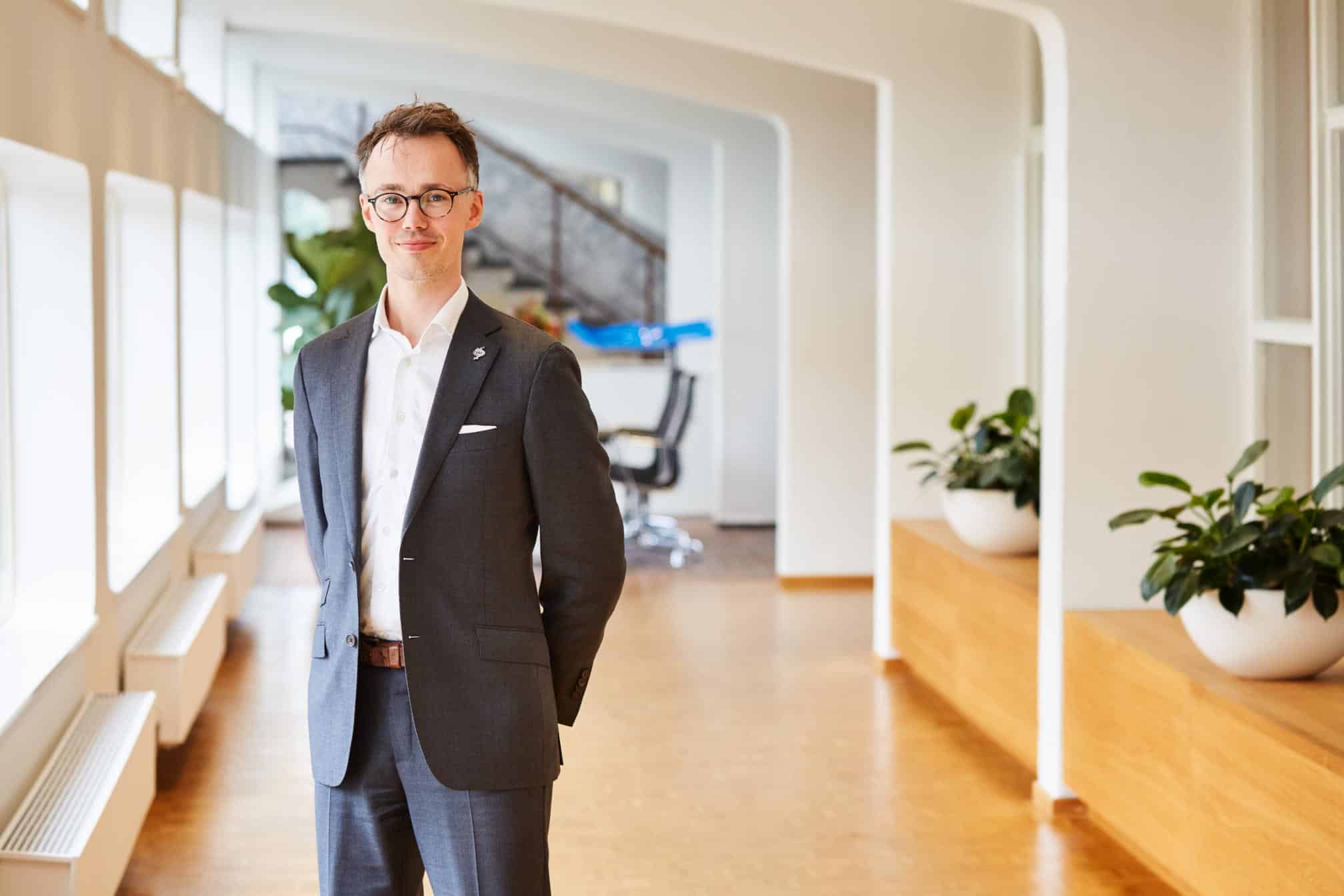
Human beings are becoming increasingly mobile, just compare our current range with that of our grandparents. The world is now at our feet. Unfortunately, not everyone can benefit from this vastly improved access to mobility, and this requires maximum attention in society. Accessible mobility ensures that people can get to work, care, entertainment, education, or friends. And perhaps more importantly: people naturally like to be on the move, even when they don’t need to be.
Specifically, the elderly have become much more mobile in recent decades. This is partly because they have much more to spend than they used to, but mainly because means of transport have become much more user-friendly and better. Cars are increasingly easy to operate thanks to automatic transmissions, power steering, and a host of other driving aids. And the electric bike has been enormously successful in keeping the elderly mobile and healthy. We can therefore enjoy mobility for much longer than before. Yet there comes an age when access to mobility becomes increasingly difficult. And with the disappearance of mobility, for many people, part of the joy of life also disappears.

That’s why virtual reality is being used more and more successfully. With the same technology that lets young gamers race on virtual circuits or travel through new worlds, you can simulate mobility. Together with Alzheimer Nederland, The Dutch Railways NS has developed the so-called Mental Travel Compartment. It’s a recreated train compartment, whose windows have been replaced with screens on which the scenery glides by as if the train were really moving along the track. It turns out to work wonderfully well in giving people with dementia the blissful feeling of traveling again.
In a nursing home in Doetinchem, an interior of a bus was reconstructed in this way a few years ago, enabling people to take a virtual tour of the Achterhoek region. People with limited mobility can also visit museums again with VR glasses, for example. And the Dutch company HumanXR builds techniques to keep people mobile in a virtual way, often in combination with a form of cycling, rowing, or walking. This keeps people not only mentally but also physically fitter.
The regained mobility gives all these people an experience of happiness. And virtual travel is guaranteed to get better and better. So much better that even people who do have access to real mobility can choose to travel virtually. Then you can enjoy your daily mobility needs in an open sports car in the south of France, on your motorcycle through Australia, in the Orient Express, or onboard the Titanic. Completely sustainable and safe.
In due course, when we’re at it, why not also experience all other biological needs in a virtual world. Better, safer, cheaper. The transition to a simulated final destination for all of humanity, therefore, seems inevitable to me. In the long run, it will be a much better place to be than in the real world. And it will keep us mobile, eternally.
Maarten Steinbuch and Carlo van de Weijer are alternately writing this weekly column, originally published (in Dutch) in FD. Did you like it? There’s more to enjoy: a book with a selection of these columns has been published by 24U and distributed by Lecturis.







